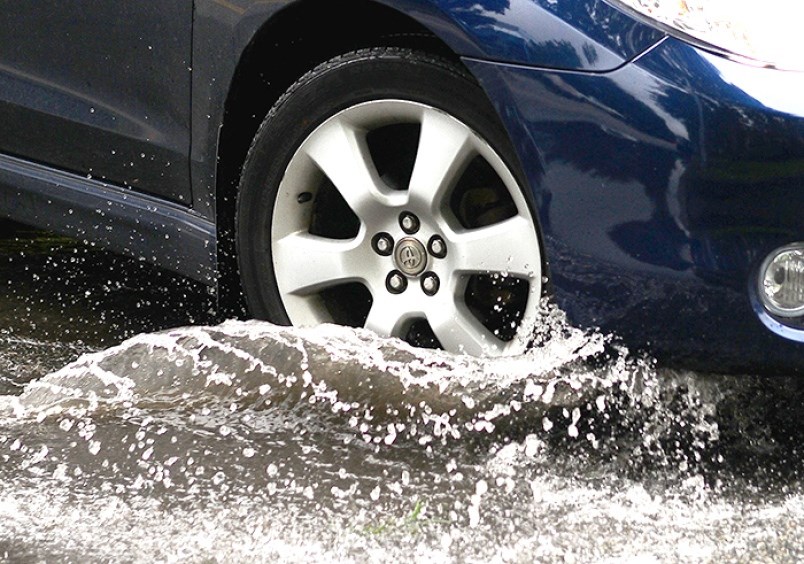The city of Coquitlam is developing a strategic plan staff say will help the municipality adapt to the impacts of global climate change.
More extreme and erratic weather is in the forecast for the region, which will put stress on infrastructure and the city’s ability to deliver services to residents, said a staff report. The plan will assess the city’s risks and vulnerabilities while establishing a timeline and strategies for adapting to the new weather realities.
“It is really about preparing the city for climate change so we can continue to provide the services that are expected,” said Dana Soong, the city’s manager of utility programs, during a presentation to council Monday.
When it is complete, the plan will consider things like drainage and flood mitigation while also looking at ways of protecting buildings and transportation infrastructure from severe weather events.
Staff will also examine the risks to the local economy, particularly the business and agricultural sectors.
The Federation of Canadian Municipalities has provided $120,000 in funding for the development of the plan, while the city is contributing $30,000. A consultant will be brought on to help draft the plan with input from city staff.
Soong said a report will likely be before council within the year.
More frequent and intense weather events are expected over the next 50 years, with Metro Vancouver projections estimating average precipitation will rise 5% by 2050 and 11% by 2080. Those increases may seem modest but they are compounded by the fact that most of the annual rainfall is expected to occur over a shorter period of time.
The fall will continue to be the wettest season, with an 11% increase in rain by 2050 and a 20% increase by 2080, while “winter and spring precipitation will both increase as well,” states the Metro report, which also notes that summers will be significantly drier, with average rainfall dropping 19% by 2050 and 29% by 2080.



